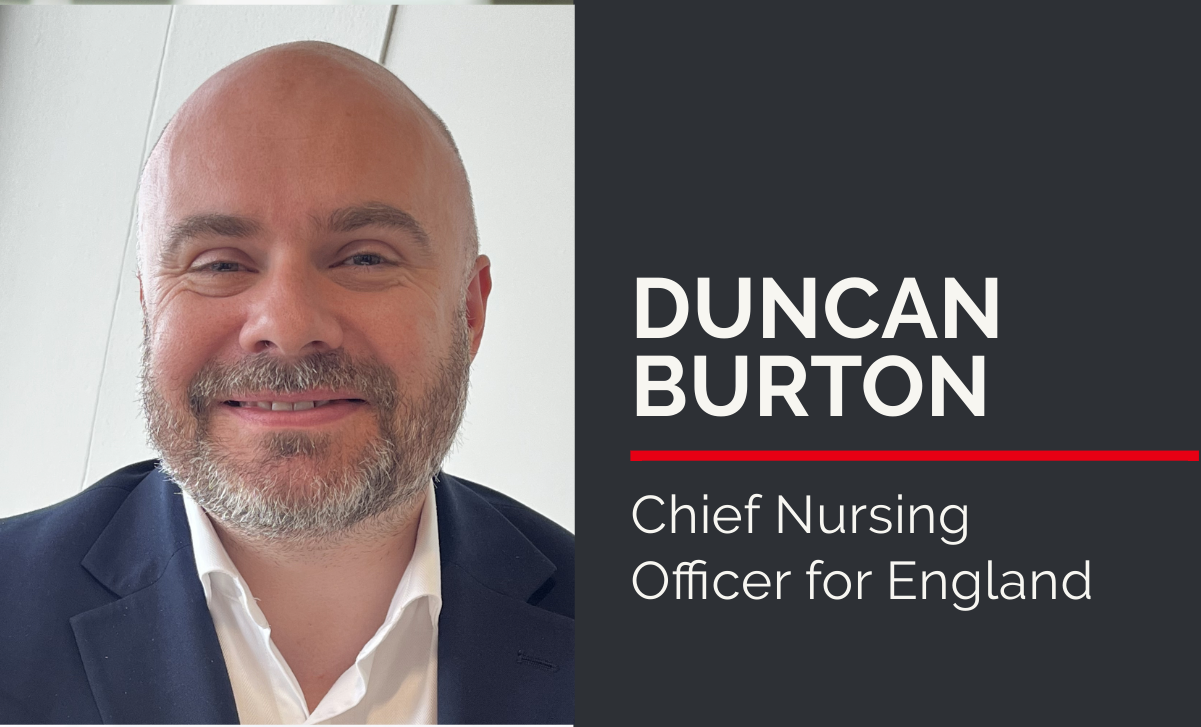Nurses go wireless in Essen
- 5 September 2007
The nursing service at Essen University Hospital is to begin an ambitious wireless health IT project later in September that will result in it becoming one of the first fully wireless hospitals in Germany.
The wireless system will be introduced to enable nurses and doctors at the hospital to use tablet PCs running electronic nursing documentation software and order communications software at the point of care.
Details of the project were presented by the head of nursing at Essen University Hospital, Christian Dahlmann, at the conference "IT trends 2007" in Essen this week. "We are planning to upgrade our existing health information system Medico, a Siemens product, to a clinical information system which also includes electronic nursing documentation", Dahlmann told E-Health Europe at the conference..
The hardware side includes wireless LAN communication for initially five wards. Nurses access the Medico-module for nursing documentation, ‘Nursing Process Management’, using tablet PCs. "We will also introduce an electronic medical chart in order to replace paper-based solutions in this area", explained Dahlmann.
The tablet PCs to be used are likely be the Digital Clinical Assistant produced by Fujitsu-Siemens, which has been specifically developed for use in hospital environments. The tablet-style device has a carrier handle, works without standard fan ventilation, cutting contamination risks, and can be easily disinfected.
Essen University Hospital hopes that both nurses and patients will benefit from the fully electronic nursing documentation. Patients could suffer less medication errors because a computer-based physician order entry-system is implemented simultaneously with the new nursing documentation.
During the ward round, physician will use the tablet PC for their medication orders, and the software will instantly check for possible medication errors. The system to be used is RP-doc, a medication software developed at the university of Saarbrücken.
Nurses will also benefit, because a fully electronic documentation allows a far more detailed workload management. This means that employees can be re-allocated more efficiently. And it saves time because, so far, nurses have to do the documentation for the workload management tool separately at the end of each shift, which takes about a quarter of an hour of their time. In a fully electronic environment, the necessary information will be extracted automatically without the need of any additional input.
The workload management tool used in Essen is LEP, a very common tool in central Europe, in use in about 200 hospitals. It was originally developed in Switzerland it has been widely adopted in neighbouring countries in recent years. The tool is available in German, French and Italian with an English version currently being developed.
The one thing missing in the Essen University Hospital e-health plan so far is an electronic health professional smartcard for identification of the nurses. Instead, identification will be done through user name and password.
"In the long run, all these projects will need a smartcard identification for nurses", commented Iris Meyenburg-Altwarg from Hannover Medical School (MHH). MHH is also planning to introduce electronic nursing documentation in the future.
The problem with smartcards for nurses in Germany is that – unlike with medical doctors – there is no professional association that can claim to represent all nurses and thus act as a dispenser for the smartcards. This is important, because the cards will have to be capable of digital signatures and thus have to be centrally registered.
Links
Workload management system LEP




